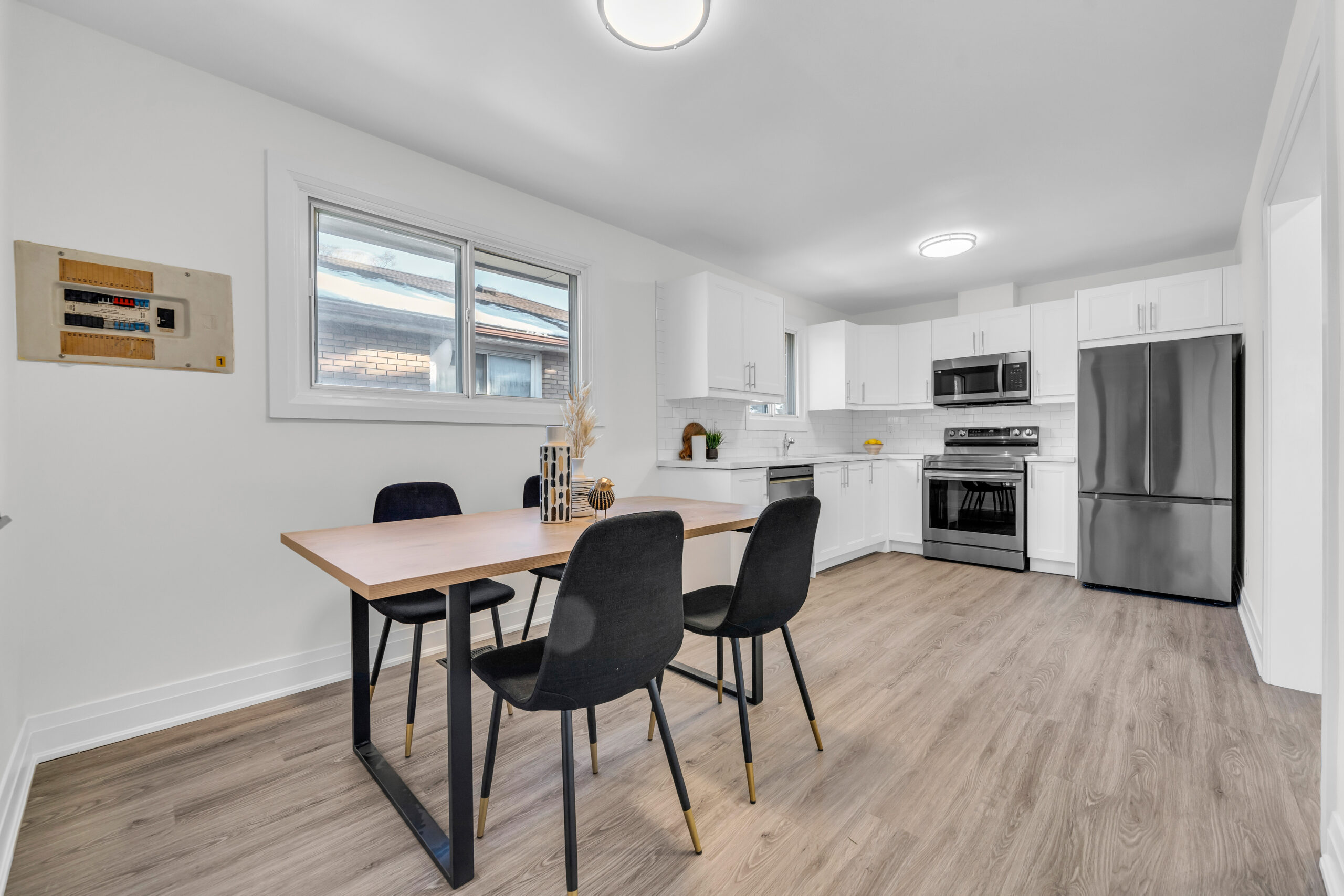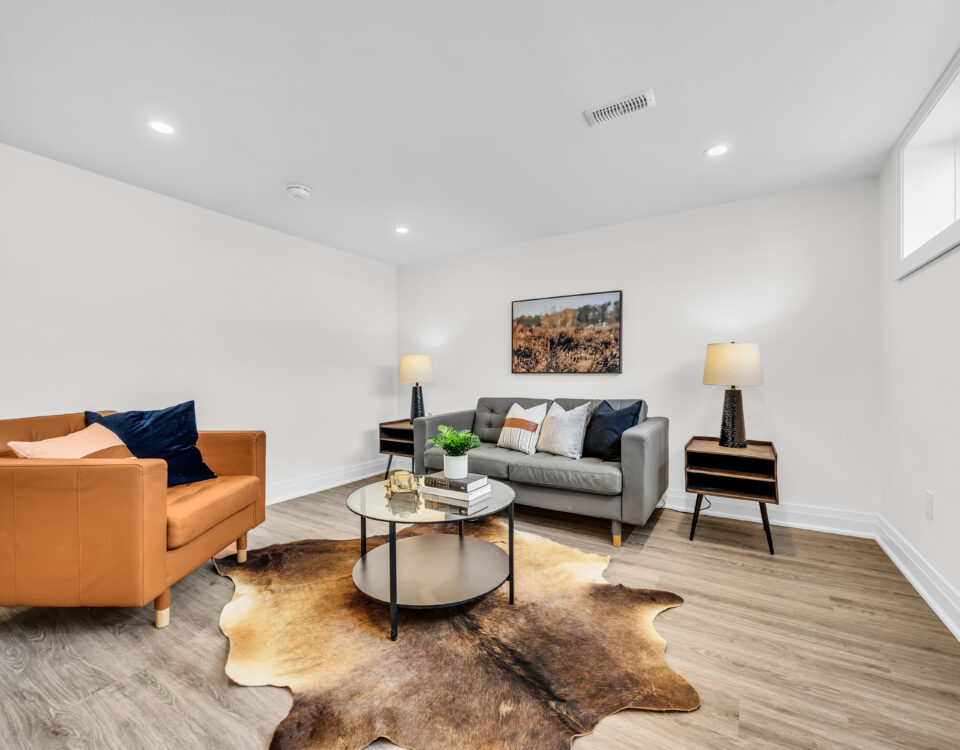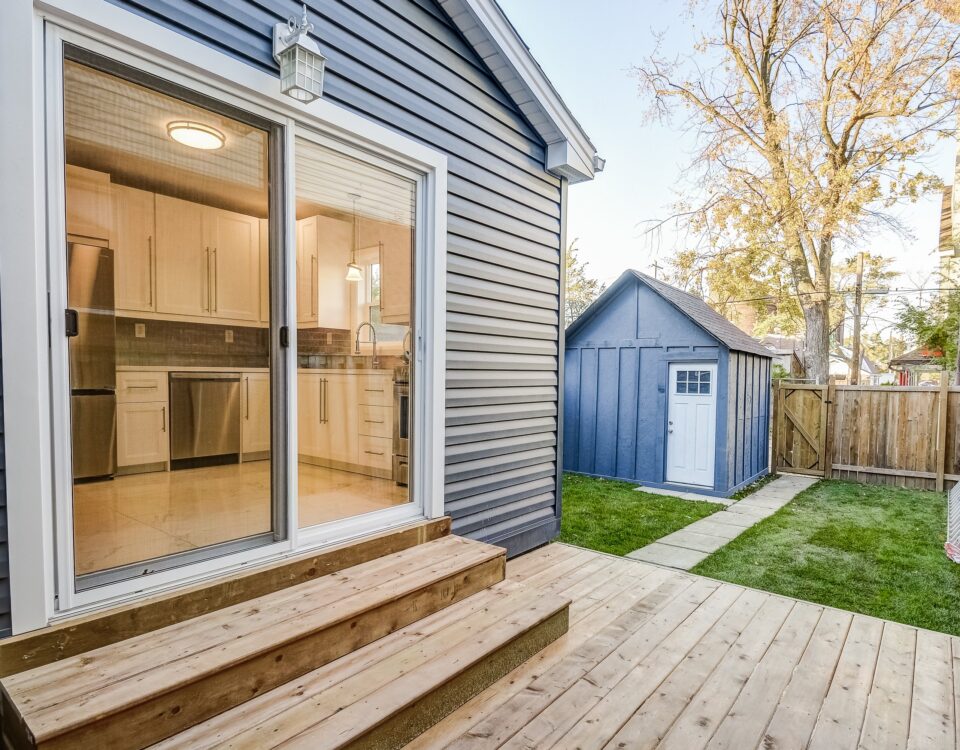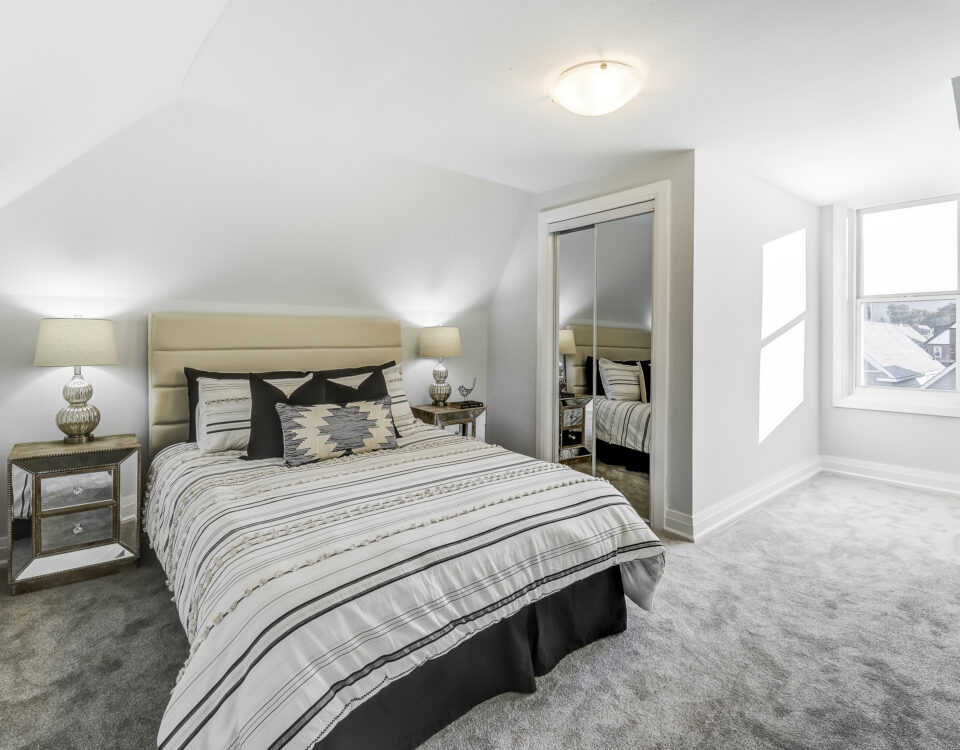
How to Choose the Right Contractor for Your Renovation Project
22 June 2023
Creating an Open Floor Plan: Pros and Cons
22 June 2023In recent years, smart home technology has revolutionized the way we live, bringing convenience, comfort, and efficiency to our fingertips. With advancements in construction and renovation practices, integrating smart home technology into your home has become easier than ever before. In this blog post, we will explore the latest innovations in smart home technology specifically designed for construction and renovations. From energy management to security systems and automated controls, these cutting-edge technologies are transforming the way we interact with our homes.
1. Voice-Activated Assistants and Smart Speakers
Voice-activated assistants, such as Amazon Echo with Alexa or Google Home with Google Assistant, have become popular additions to modern homes. These smart speakers provide a centralized hub for controlling various aspects of your home, from adjusting the temperature to playing music or even answering questions. With voice commands, you can effortlessly manage your smart devices and systems, creating a more streamlined and convenient living experience.
2. Energy Management and Efficiency
Smart home technology offers innovative solutions for energy management and efficiency. Energy monitoring systems allow homeowners to track their energy consumption in real-time, helping them identify areas of waste and make adjustments accordingly. Smart thermostats learn your heating and cooling preferences and optimize energy usage, saving money on utility bills. Solar panels, combined with energy storage systems, provide sustainable and cost-effective power solutions for your home.
3. Home Security and Surveillance
Enhanced home security is a major advantage of smart home technology. Smart locks, video doorbells, and security cameras provide homeowners with remote monitoring and control capabilities. You can receive real-time alerts on your smartphone when someone approaches your door, and even interact with visitors through two-way audio. Integration with motion sensors and smart lighting systems can further enhance your home’s security by automatically turning on lights or triggering alarms when unexpected activity is detected.
4. Intelligent Lighting Systems
Intelligent lighting systems offer a range of benefits, from energy savings to customizable ambiance. Smart bulbs and lighting fixtures can be controlled remotely via smartphone apps or voice commands. They can also be programmed to adjust brightness, color, and even simulate occupancy when you’re away from home. Some systems utilize sensors to automatically turn lights on or off based on occupancy, further optimizing energy usage.
5. Automated Window Treatments
Automated window treatments provide convenience, privacy, and energy efficiency. Motorized blinds, shades, and curtains can be controlled remotely or programmed to open and close at specific times. Integration with smart home systems allows you to synchronize window treatments with lighting or temperature adjustments, creating a harmonious and comfortable environment.
6. Smart Appliances and Kitchen Gadgets
The kitchen is a prime area for smart home innovations. Smart appliances, such as refrigerators, ovens, and dishwashers, offer features like remote monitoring, inventory management, and recipe suggestions. Connected kitchen gadgets, such as smart coffee makers and sous vide machines, can be controlled from your smartphone or integrated with voice-activated assistants, simplifying your cooking experience.
7. Entertainment and Multimedia Systems
Smart home technology has transformed the way we experience entertainment at home. Whole-house audio systems allow you to stream music throughout your home, controlled from a central hub or your smartphone. Media rooms equipped with smart TVs and streaming devices offer access to a vast array of content. Home theater systems can be automated for optimal viewing experiences, adjusting lighting, temperature, and audio settings with a single command.
8. Smart Home Integration Platforms
To maximize the benefits of smart home technology, integration platforms play a crucial role. Platforms like Apple HomeKit, Samsung SmartThings, or Google Nest allow you to centralize and control multiple smart devices from different manufacturers. These platforms simplify the management of your smart home ecosystem, ensuring compatibility and a seamless user experience.
9. Health and Wellness Technologies
Smart home technology also encompasses health and wellness innovations. From air purifiers with built-in sensors to monitor air quality, to smart beds that adjust firmness and track sleep patterns, these technologies contribute to creating a healthier home environment. Additionally, smart bathroom fixtures, such as smart mirrors or connected scales, offer personalized data and insights for a holistic approach to wellness.
10. Future Trends and Integration
The world of smart home technology continues to evolve rapidly. Emerging trends include advancements in artificial intelligence, Internet of Things (IoT) integration, and the expansion of voice control capabilities. Integration with renewable energy systems, electric vehicle charging stations, and smart grids is also on the horizon, paving the way for more sustainable and interconnected homes.
The latest innovations in smart home technology for construction and renovations have transformed the way we interact with our living spaces. From voice-activated assistants and energy management systems to enhanced security and entertainment options, these advancements offer convenience, comfort, and efficiency. When planning your construction or renovation project, consider incorporating these cutting-edge technologies to create a modern, connected, and smart home that meets your needs and enhances your lifestyle. Embrace the possibilities and enjoy the benefits that smart home technology has to offer.





